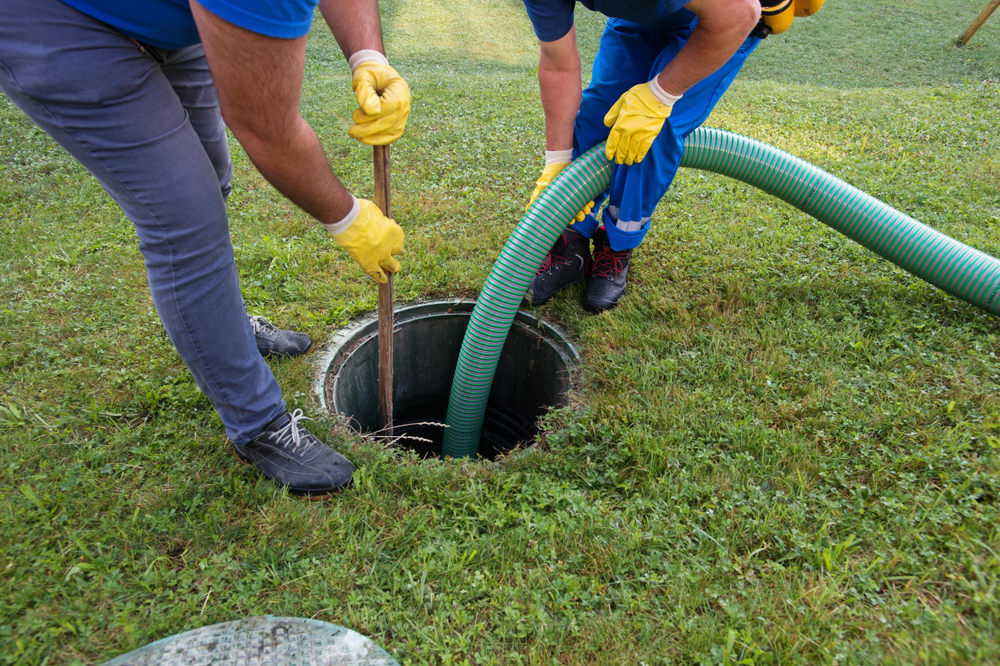What Products Like Wipes And Other Paper Products Are Bad For A Septic System?

Maintaining a healthy septic system is crucial for the proper functioning of your household’s plumbing infrastructure. Many everyday products that we use, such as wipes and certain paper products, can inadvertently cause significant damage to septic systems. In this blog, we will explore why these products pose a threat, which specific items to avoid, and how their misuse can lead to costly repairs and environmental issues.
Understanding Septic Systems
Before delving into the harmful products, it’s essential to understand how septic systems operate. A septic system is a decentralized wastewater treatment mechanism used by homes and businesses not connected to public sewer systems. It consists of a septic tank and a drain field. The tank collects solids and allows bacteria to break them down, while the drain field further treats and disposes of the liquid waste.
The Role of Products in Septic System Health
Septic systems are designed to handle specific types of waste and degrade biodegradable materials over time. However, many products marketed as flushable or biodegradable can disrupt this delicate balance. These items may not break down as quickly as toilet paper or can clog pipes and filters, leading to backups, odors, and even system failure.
Products to Avoid
Flushable Wipes
Flushable wipes, despite their name, do not disintegrate like toilet paper. They can clog pipes and septic system components, leading to blockages and reduced efficiency. These wipes often contain synthetic fibers that do not break down in water, causing long-term issues within the septic tank and drainage field.
Non-Biodegradable Paper Products
Certain paper products, including paper towels, facial tissues, and napkins, are designed to be more durable than toilet paper. While convenient, these products can accumulate in the septic tank, interfering with its ability to function correctly. They take longer to decompose and can contribute to solids buildup and potential clogs.
Feminine Hygiene Products
Tampons, sanitary pads, and other feminine hygiene products should never be flushed down the toilet. These items can swell and block pipes, causing extensive damage to both the plumbing and the septic system. They do not break down quickly enough and can lead to costly repairs and environmental contamination.
Conventional Cotton Balls and Swabs
Cotton balls and swabs are not biodegradable in the septic environment. They can accumulate in the tank and impede the natural breakdown process of waste. These items should be disposed of in the trash rather than flushed down the toilet.
Environmental and Financial Consequences
The misuse of these products can have several detrimental effects:
Environmental Impact
Improperly disposed of products can end up in waterways, harming aquatic life and polluting ecosystems. The chemicals and plastics in some products can leach into soil and groundwater, posing risks to human health and the environment.
System Maintenance Costs
Regular maintenance and pumping of septic tanks are essential for their longevity. Using inappropriate products can accelerate the need for more frequent and costly maintenance, including repairs to pipes and drainage fields.
Legal Issues
In some regions, there are regulations governing what can be flushed into septic systems or public sewer systems. Violating these regulations can result in fines or other legal consequences.
Proper Septic System Maintenance
To ensure the longevity and efficiency of your septic system, follow these best practices:
Use Only Toilet Paper
Stick to using toilet paper that is designed to break down quickly in water. Avoid using any other paper products for flushing.
Educate Household Members
Ensure that everyone in your household understands what can and cannot be flushed down the toilet. Post reminders near toilets if necessary.
Regular Inspections and Pumping
Schedule regular inspections and pumping of your septic tank as recommended by professionals. This helps prevent buildup and identifies potential issues early.
Consider Alternative Products
Explore environmentally friendly alternatives to traditional paper products, such as biodegradable toilet paper and wipes. These options break down more easily and are less likely to cause damage to your septic system.
Conclusion
Maintaining a healthy septic system involves being mindful of what products are used and disposed of in your household. Avoiding wipes and other non-flushable paper products can significantly reduce the risk of clogs and system failures, saving you money and protecting the environment. By understanding the impact of these products and adopting proper maintenance practices, you can ensure that your septic system operates efficiently for years to come.
Need Septic Tank Services in Prior Lake, MN?
Since 1956, Mike’s Septic & McKinley Sewer Services has been providing the local area with an invaluable service. We are a family-owned and -operated company that takes pride in the work that we do and the relationships we build with our customers. We strive for perfection with each job we take and make sure our customers are always happy. At Mike’s Septic & McKinley Sewer Services, we specialize in everything septic. We handle anything from tank and system design to the actual installation. We do septic system and tank repairs, cleaning, pumping, and routine maintenance. We also do tank and system compliance inspections and certification. Contact us today to learn more about what we can do for you!
